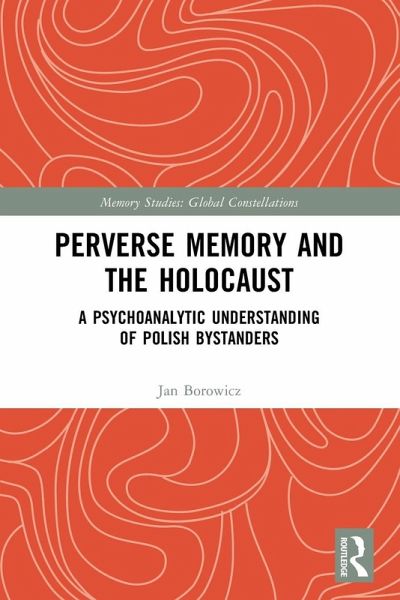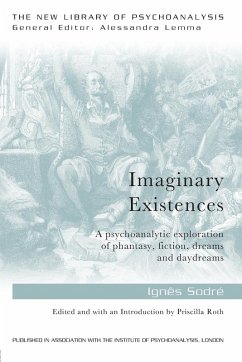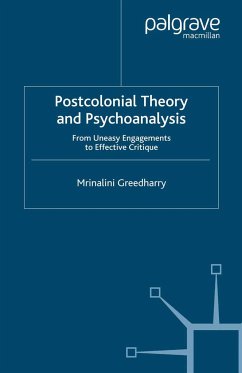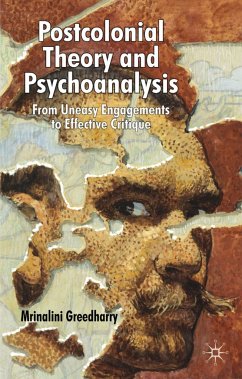
Perverse Memory and the Holocaust
A Psychoanalytic Understanding of Polish Bystanders
Versandkostenfrei!
Versandfertig in 6-10 Tagen
41,99 €
inkl. MwSt.
Weitere Ausgaben:

PAYBACK Punkte
21 °P sammeln!
Perverse Memory and the Holocaust presents a new theoretical approach to the study of Polish memory bystanders of the Holocaust. Drawing on psychoanalytic theory, it examines representations of the Holocaust in order to explore the perverse mechanisms of memory at work, in which surface a series of phenomena difficult to remember: the pleasure derived from witnessing scenes of violence, identification with the German perpetrators of violence, the powerful fear of revenge at the hands of Jewish victims, and the adoption of the position of genocide victims.Moving away from the focus of previous ...
Perverse Memory and the Holocaust presents a new theoretical approach to the study of Polish memory bystanders of the Holocaust. Drawing on psychoanalytic theory, it examines representations of the Holocaust in order to explore the perverse mechanisms of memory at work, in which surface a series of phenomena difficult to remember: the pleasure derived from witnessing scenes of violence, identification with the German perpetrators of violence, the powerful fear of revenge at the hands of Jewish victims, and the adoption of the position of genocide victims.
Moving away from the focus of previous psychoanalytic studies of memory on questions of mourning, melancholy, repressed memory, and loss, this volume considers the transformation of the collective identity of those who remained in the space of past Holocaust events: bystanders, who partook in the events and benefited from the extermination of the Jews. A critique of 'perverse memory' that hampers attempts to work through what is remembered, this book will be of interest to scholars across the social sciences working in the fields of Holocaust studies, memory studies, psychoanalytic studies, and cultural studies.
Moving away from the focus of previous psychoanalytic studies of memory on questions of mourning, melancholy, repressed memory, and loss, this volume considers the transformation of the collective identity of those who remained in the space of past Holocaust events: bystanders, who partook in the events and benefited from the extermination of the Jews. A critique of 'perverse memory' that hampers attempts to work through what is remembered, this book will be of interest to scholars across the social sciences working in the fields of Holocaust studies, memory studies, psychoanalytic studies, and cultural studies.














